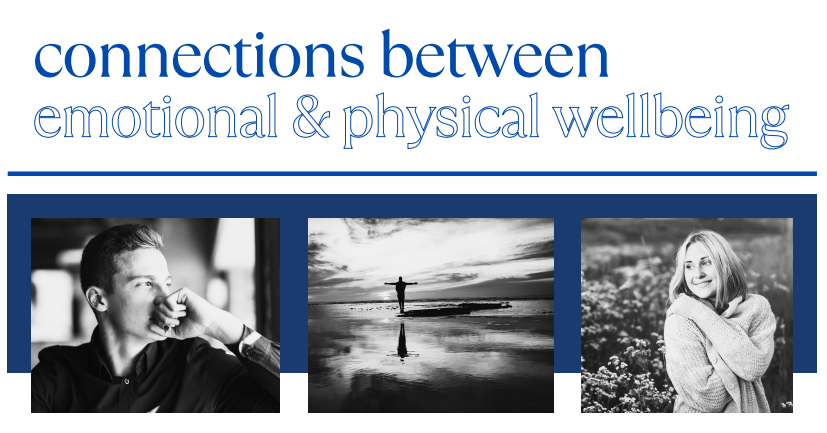Our emotional state can significantly impact our physical health, and vice versa.
1. Stress and its effects
Emotional stress can lead to physical symptoms such as headaches, muscle tension, digestive problems, and sleep disturbances. Prolonged stress can weaken the immune system, making individuals more susceptible to illnesses.
2. Mood and energy levels
Our emotional well-being directly affects our mood and energy levels. When we feel positive emotions such as joy, happiness, and contentment, it can boost our energy and overall vitality. Conversely, negative emotions like sadness, anger, and anxiety can drain our energy and impact our physical performance.
3. Mind-body connection
The mind and body are interconnected systems. Our thoughts and emotions can influence physical sensations and vice versa. For example, chronic pain or a physical injury can lead to feelings of frustration, sadness, or anger.
4. Lifestyle habits
Our emotional state often influences our lifestyle choices. People experiencing chronic stress or emotional distress may turn to unhealthy coping mechanisms such as overeating, excessive alcohol consumption, or a sedentary lifestyle. These habits can negatively impact physical health in the long run.
5. Sleep Quality
Emotional well-being has a significant impact on sleep quality. Poor emotional health, such as anxiety or depression, can lead to sleep disturbances or insomnia. On the other hand, insufficient sleep can affect mood regulation and emotional stability.
6. Immune function
Emotional well-being plays a crucial role in maintaining a healthy immune system. Chronic stress or negative emotions can weaken the immune response, making individuals more vulnerable to infections and diseases.
7. Long-term health outcomes
Research has shown that emotional well-being is associated with long-term physical health outcomes. Positive emotions and a healthier emotional state are linked to lower risks of chronic conditions like heart disease, diabetes, and certain types of cancers.
Given these connections, it is important to prioritize both emotional and physical well-being to achieve overall wellness. Practices such as stress management techniques, regular exercise, healthy eating, quality sleep, and fostering positive relationships can contribute to a balanced and integrated approach to wellness.

